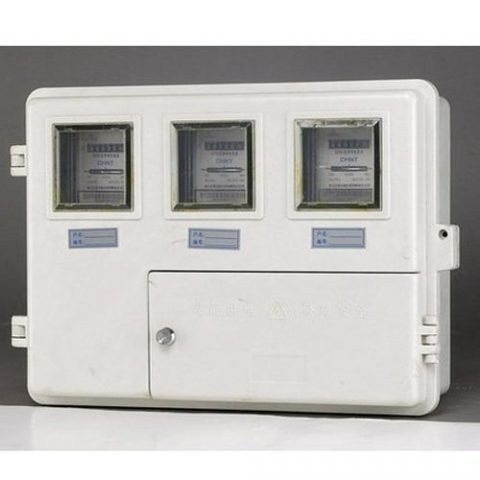

Recently, President Muhammadu Buhari directed the commencement of a nationwide mass-metering programme as part of efforts to end estimated and arbitrary billings for electricity.
In a statement by the chairman of the Nigerian Electricity Regulatory Commission, NERC, James Momoh, the president’s directive was in response to the yearnings of Nigerians.
President Buhari also approved a waiver of the import levy on metres, so that those without metres can be supplied at reasonable costs as early as possible.
Consumers have been groaning under the burden of estimated billing as a result of insufficient metering which has been attributed to the thirty-five percent levy imposed on imported items, forcing the electricity distribution companies, discos, to abandon meters at the ports.
This development has stalled the implementation of the meter asset providers, MAP, scheme.
The government in a bid to improve the power situation in the country has continually implemented different strategies to solve the problem of unstable power supply.
This gave rise to the enactment of the Electric Power Sector Reform Act of 2005, which calls for unbundling of the national power utility company into a series of eighteen successor companies: six generation companies, twelve distribution companies covering all the thirty six states, and a national power transmission company.
Also in 2013, PHCN was dissolved by the Federal Government which left eighteen successor companies to run the affairs of the power sector.
These successor companies were located across the country with the mandate to reorganise the power management sector to allow for easier and efficient communication with consumers of the electricity produced.
To further improve the power sector in Nigeria, prepaid meters were introduced in the country.
These types of meters do not need to be analysed by officials of the power companies to know the amount payable by a consumer.
The power sector also has the National Electricity Regulatory Commission (NERC) with the mandate to look into consumer complaints and the protection of their rights.
However, despite the fact that there are existing laws and regulatory bodies established to protect consumers’ interest, consumers have hardly approached them to enforce their rights.
Some of the problems faced by consumers include overcharging of bills, delay in delivery and installation of prepaid meters.
National Electricity Regulatory Commission, NERC, instructed consumers who have requested and paid for the prepaid meters and have still not received the prepaid meters not to pay for any statutory bills brought forth by the Electricity Distribution Companies, DISCOs.
This directive is intended to put the DISCOs on their toes and ensure they make the prepaid meters available to consumers.
To curb the challenges faced by Nigerian electricity consumers require bold step to be taken by government and other stakeholders.
The bill initiative by the House of Representatives to criminalise estimated billing is a welcome development.
The bill seeks to protect the right of every electricity consumer to be metered within thirty days of applying for the device.
It also proposes different categories of penalties, ranging from five hundred thousand to one million naira fines and a jail term of six months, for failure to comply or for illegally disconnecting a consumer on the grounds of estimated billing.
Many deadlines for mass metering of customers have been set and disobeyed by the DISCOs, to which NERC has not had any effective response. Thus, providing meters to customers has become a privilege instead of a matter of routine.
Providing customers with prepaid meters in the country is therefore, an option that the discos have to embrace for efficiency and ease of revenue collection.
Discos should live up to their responsibility by responding swiftly to reports of complaints by consumers.
Fawzeeyah Kasheem